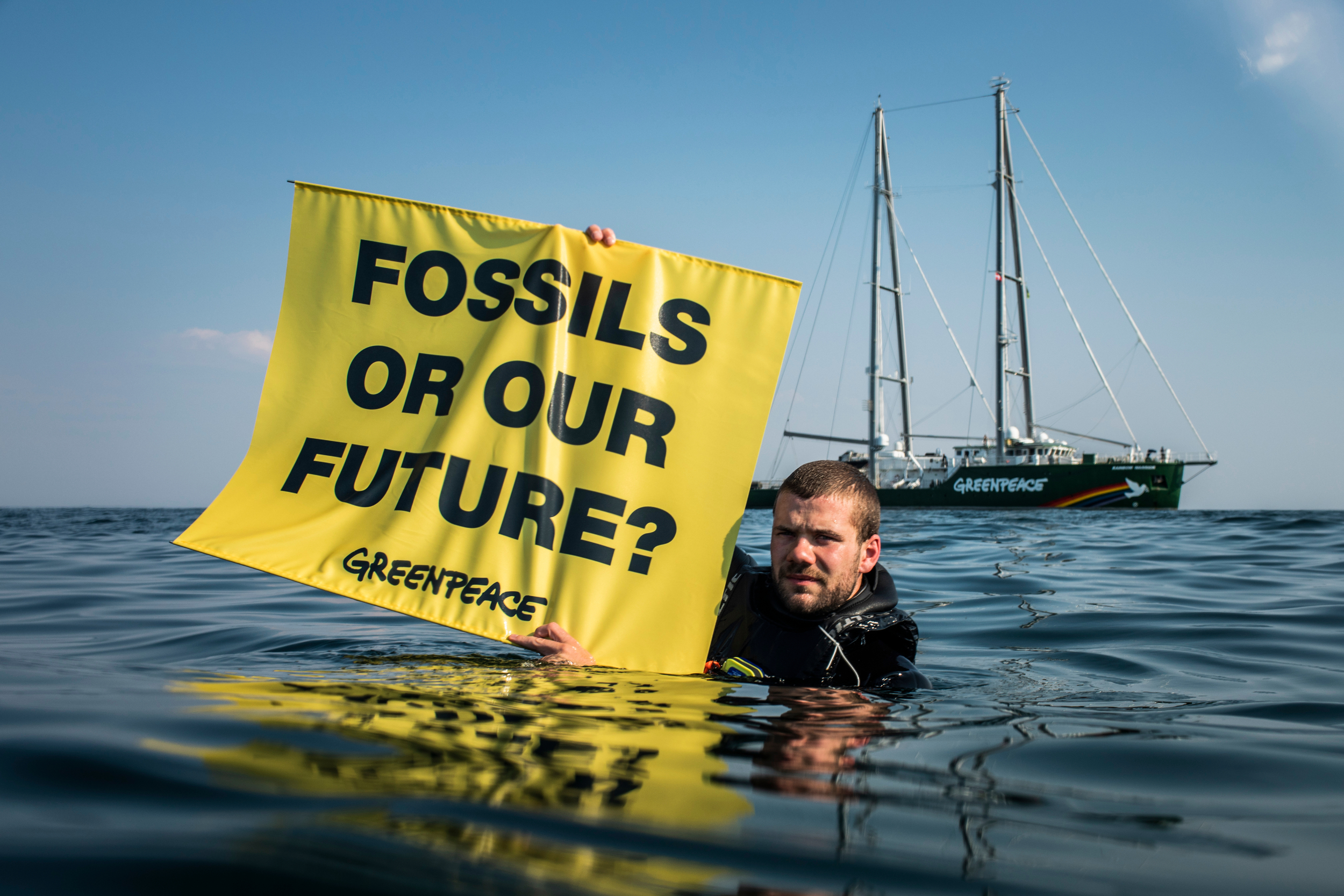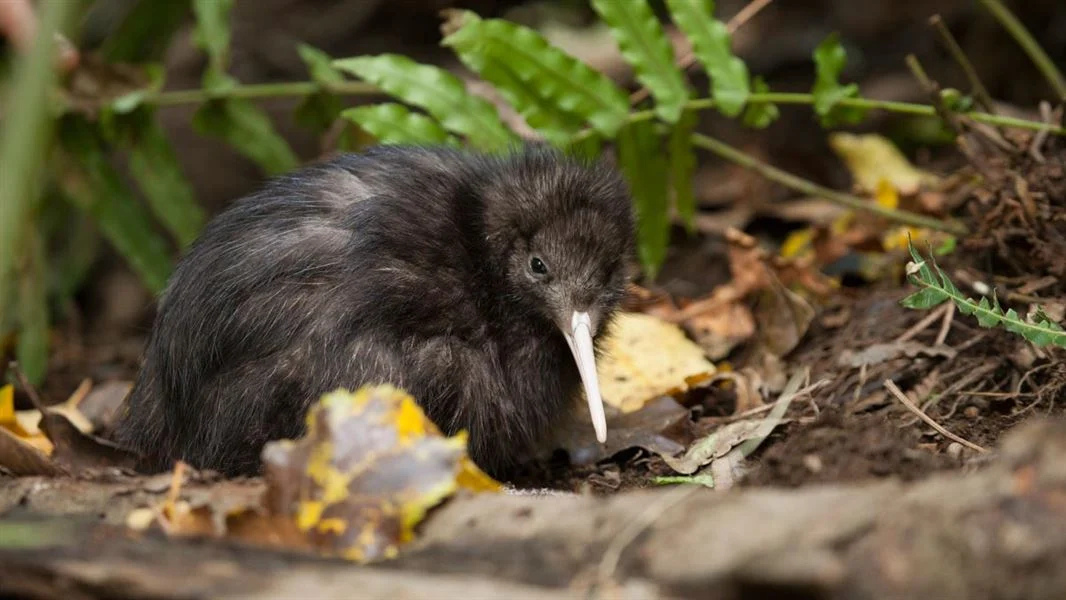Key points
- Agribusiness lobby groups are running a coordinated global campaign to cripple efforts to reduce methane emissions and to allow them to continue polluting with the use of the tool GWP*. Efforts to set methane targets with the goal of “no additional warming” and some other related terms with this tool are underway.
- Some governments with comparatively high livestock emissions – including Ireland and New Zealand – are exploring using this tool in policy, in order to justify lower climate ambition. Agribusiness lobby groups are escalating their campaign in New Zealand, where a decision on adjusting the country’s methane target is imminent. Ireland is closely following developments in New Zealand.
- Changing methane metrics in this way would undermine equity by allowing large livestock-exporting and producing countries to maintain untenable levels of methane and livestock herds and disadvantage many middle and low-income nations.
- Methane’s atmospheric concentration is rising exponentially. CH4 is now 265% higher than pre-industrial levels. It is presently responsible for about one third of observed global warming. According to IEA’s Methane Tracker 2024, 39% of anthropogenic methane comes from agriculture (primarily livestock) and 41% from the energy sector.
- “No additional warming” promotes the flawed idea that current agricultural methane emissions are “acceptable” and should simply be maintained – despite scientific consensus that existing high levels of methane are accelerating global heating and must be reduced.
- If governments adopt this tool, it could derail global climate targets, weaken the Paris Agreement and lead to accelerating global heating.
- The discussions on agriculture in SB62 in Bonn and discussions on 2035 climate targets provide an opportunity for policymakers to push back against the use of GWP* and no additional warming in climate and methane policy.




